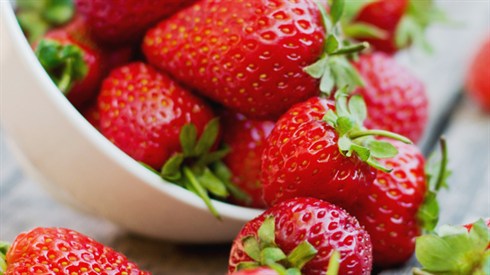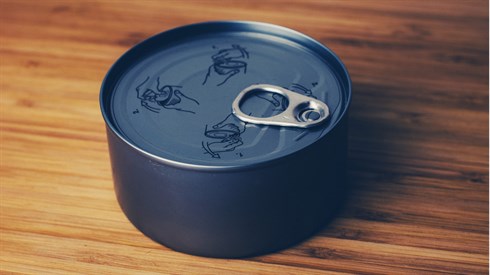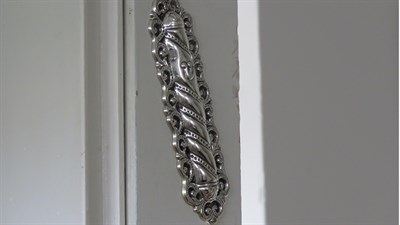articles on The Laws of Kashrut

How to kosher a BBQ Grill
I just got a cast iron grill top for my gas barbeque. It could have been used for non kosher food. Can I kosher it and how?

Is there a prohibition against smelling treif, such as roast pork?
View the rabbis answer here >>

?How to Clean bugs from strawberries
View Here>>

Canned Salmon
Are there sea lice in canned salmon?
Lessons on The Laws of Kashrut

Prepared to DeLIVER
In many places, the Torah forbids the consumption of blood. In the parsha of Acharei Mot, this prohibition of blood is mentioned. In Kedoshim there are nine references to blood, in the context of different prohibitions. This makes it appropriate to discuss the laws of preparing livers according to halacha.
Rabbi Yirmiyohu Kaganoff | Nissan 28 5782

Tevila of Something that Turns into a “Meal Utensil”
I received an ornamental honey dispenser and glass plate. I want to use the plate every Shabbat to hold challa rolls for lechem mishneh. Does it require tevilat keilim, assuming that it was made by a non-Jew(ish company)?
Rabbi Daniel Mann | Cheshvan 25 5782

Is a Difficult to Remove Residue a Chatzitza?
Rabbi Daniel Mann | Cheshvan 11 5782

Checking the Simanim for Rosh Hashana
Updated 5781
The right way one should check the Simanim for Rosh Hashana according to Bedikas Hamazon.
Rabbi Moshe Vaya | Elul 23 5781

The Saga of Twelve Months
Is there any way to Kosher an expensive china set? is there any chance to eat during Pesach food that was cooked in a pot that was used once for Chametz?
Rabbi Yirmiyohu Kaganoff | Tammuz 14 5781

The Cheese Factory
It is a common custom to have special milchig meals in honor Shavuos; thus, I am sharing with you an article on the halachic issue of gevinas akum.
Rabbi Yirmiyohu Kaganoff | Sivan 2 5781

A Sweet Change of Pace
What beracha does one recite over chocolate-covered raisins?
The Torah teaches that the second time the brothers came down to Mitzrayim, Yaakov told them to bring treats from Eretz Yisroel with which to woo Pharoah. Of course, they had no chocolate to bring, but we can discuss a different royal treat that the Aztecs considered a royal beverage.
Rabbi Yirmiyohu Kaganoff | Tevet 2 5781










